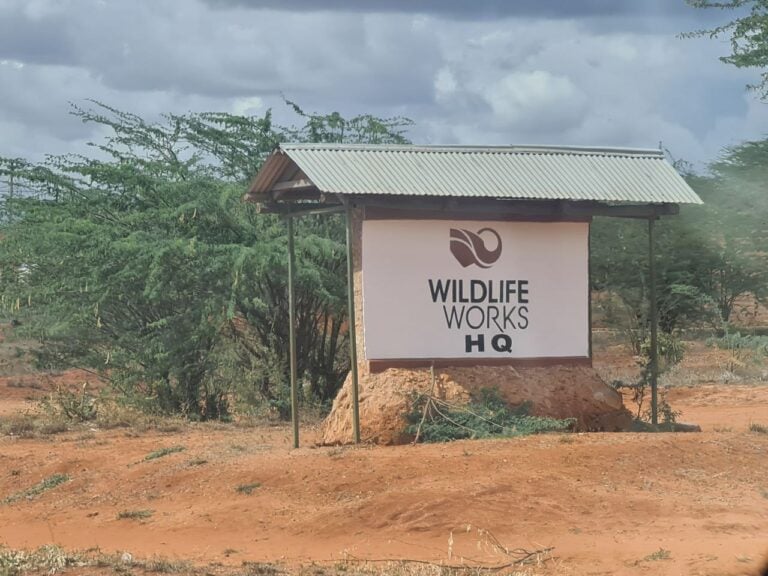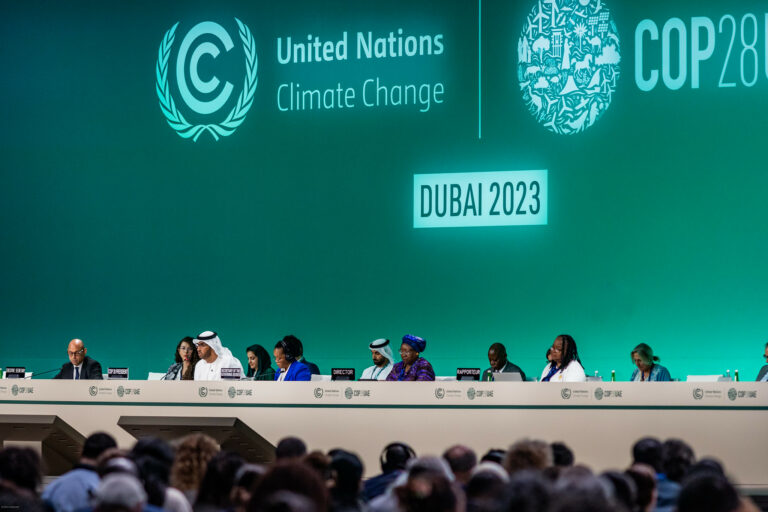Don’t fuel the fire!
We need real solutions and real emission reductions: Now, in 2040 and beyond.
We – over 140 organisations – call on the EU to be a true climate leader by supporting real climate action and denouncing dangerous distractions and false solutions like carbon capture and removal technologies.
At COP28, the European Union supported calls for the world to phase out fossil fuels. But now it has been revealed that the EU’s own planned climate targets for 2040 rely extensively on dangerous distractions, including carbon capture and storage with a 50-year track record of failure and speculative carbon removal technologies that will delay the transition away from oil, gas, and coal. EU decision-makers must stop the hypocrisy of calling for a fossil fuel phase-out internationally while promoting the contrary in their domestic policies.
To avoid the worst effects of climate chaos, we must immediately, equitably, and justly transform the way we produce our food, relate to the Earth’s ecosystems and power our economies. We must urgently deploy evidence-based, socially just and people-led solutions to dramatically reduce greenhouse gas emissions down to Real Zero.
A target that includes not only emission reductions but significantly relies upon carbon capture and carbon and storage – which have a 50-year record of failure – and carbon removal activities hides the lack of ambition in committing to real action and deep emission cuts today. A ‘net’ target gives the false promise that ‘nature-based solutions’ and speculative technologies for ‘carbon dioxide removal’ (CDR) will one day suck vast amounts of ongoing carbon pollution out of the atmosphere. But both temporary carbon storage in soils and forests and technological approaches come with massive uncertainties, risks and limits. Some of those approaches could if they were implemented at scale, even accelerate the climate and biodiversity crises and put rural communities and resilient food systems at risk. Ecosystem restoration is critical beyond its function as a carbon sink but cannot serve as a substitution for emission reductions.
The European Commission’s new plan for so-called ‘industrial carbon management’ is a smokescreen for the continued use of fossil fuels. The plan claims to ‘manage’ the carbon emissions associated with fossil fuels through Carbon Capture Use and Storage (CCUS) technologies. These are the fossil fuel industry’s favourite escape hatch towards inaction and delay. Other promoted ‘carbon management’ technologies, such as Direct Air Capture with Carbon Capture and Storage (DACCS) and Bioenergy with Carbon Capture and Storage (BECCS), are unproven, extremely costly and especially destructive if scaled. Attempts to widely scale up these technologies risk delaying the needed emission reductions, including by diverting energy and resources.
Choosing a pathway that fails to cut emissions adequately in the near term while handing out new subsidies to the fossil fuel industry is an extremely dangerous gamble and an irresponsible and unjust choice, including so-called biomass-based removals (such as BECCS and biochar) risks creating a new support mechanism for burning wood at an even larger scale, thereby causing more forest degradation and habitat loss and harming the climate.
Staying below 1.5°C of warming requires real, just, and immediate reductions. Real climate solutions involve empowering communities and stopping – not accelerating – the scramble for land, power, and profit.
It is clear what Real Zero needs to look like a just and equitably managed phase-out of fossil fuels; a real reduction of energy consumption for the ultra-rich and for industrialised countries; a transition to fair, democratic and sustainable renewable energy; support for small-scale farmers and for a fair transition from industrial food and agricultural systems towards agroecology and food sovereignty; close-to-nature forestry practices and a reduction of the excessive demand for wood and agricultural commodities; recognition of Indigenous Peoples’ and small farmers’ land rights; and the redirection of public subsidies away from fossil fuels and harmful industrial agriculture and forestry systems to support these measures.
Related news
-
 Systemic sexual abuse at celebrated carbon offset project in KenyaPosted in category:News
Systemic sexual abuse at celebrated carbon offset project in KenyaPosted in category:News Maria HengeveldPublished on:
Maria HengeveldPublished on: -
-



